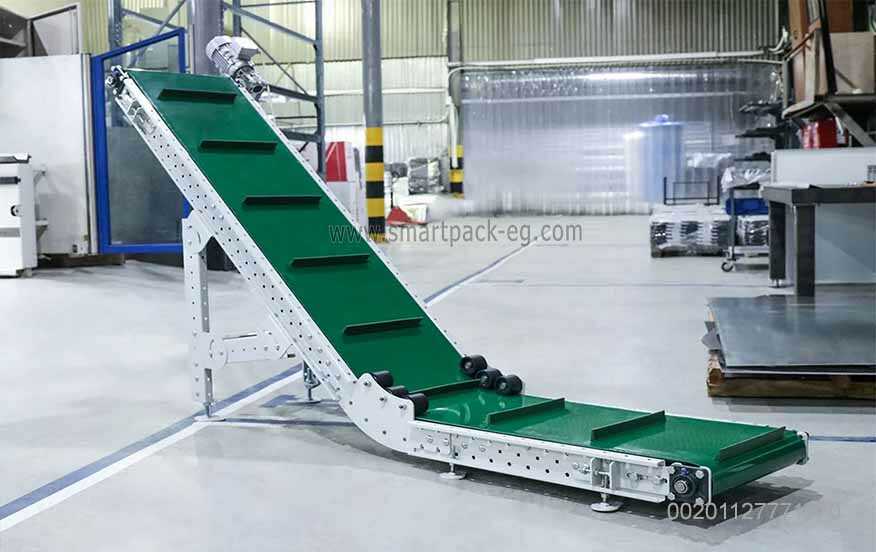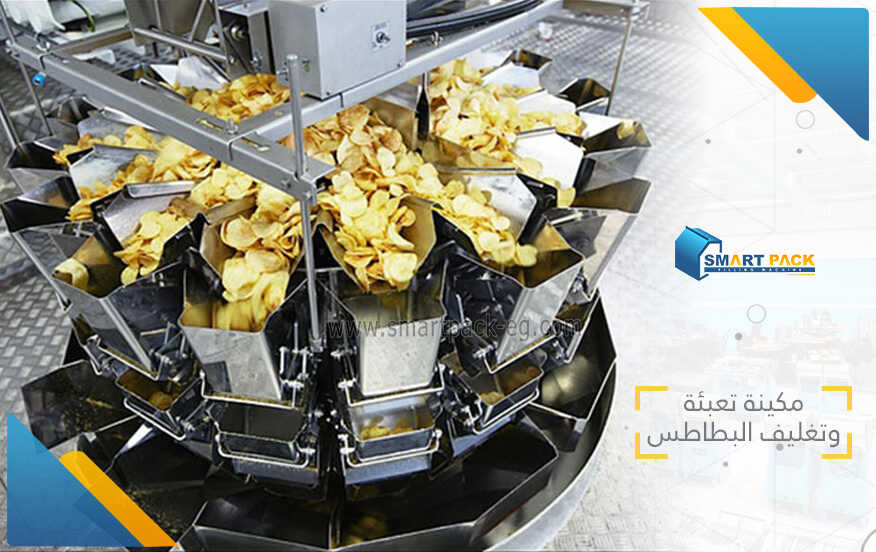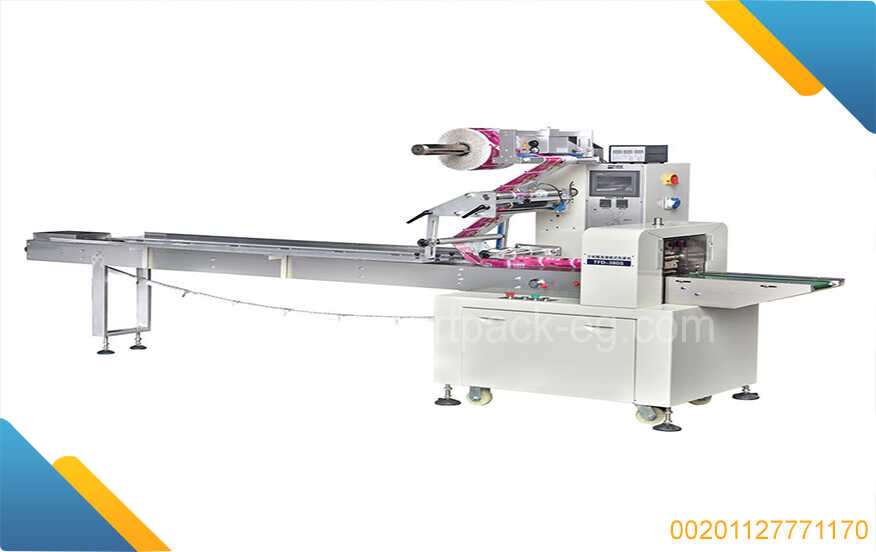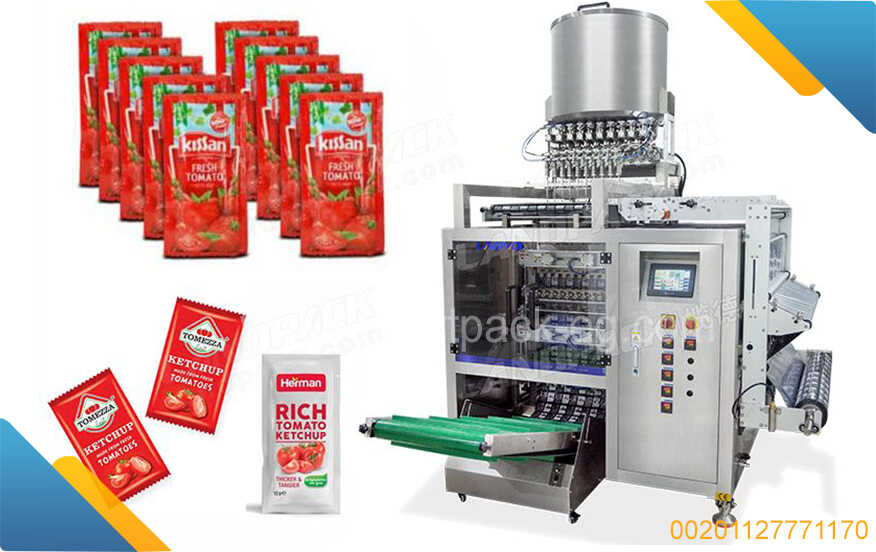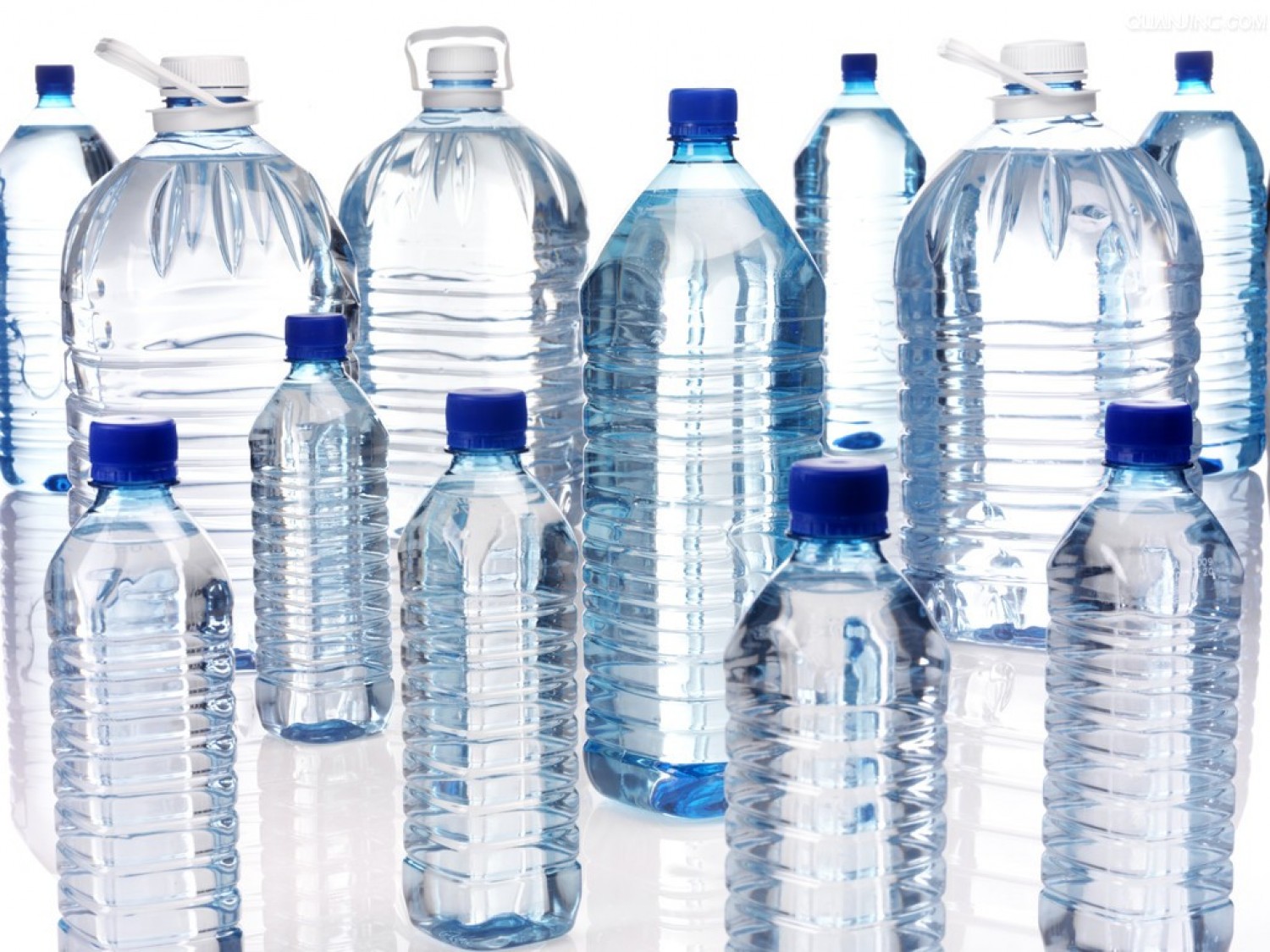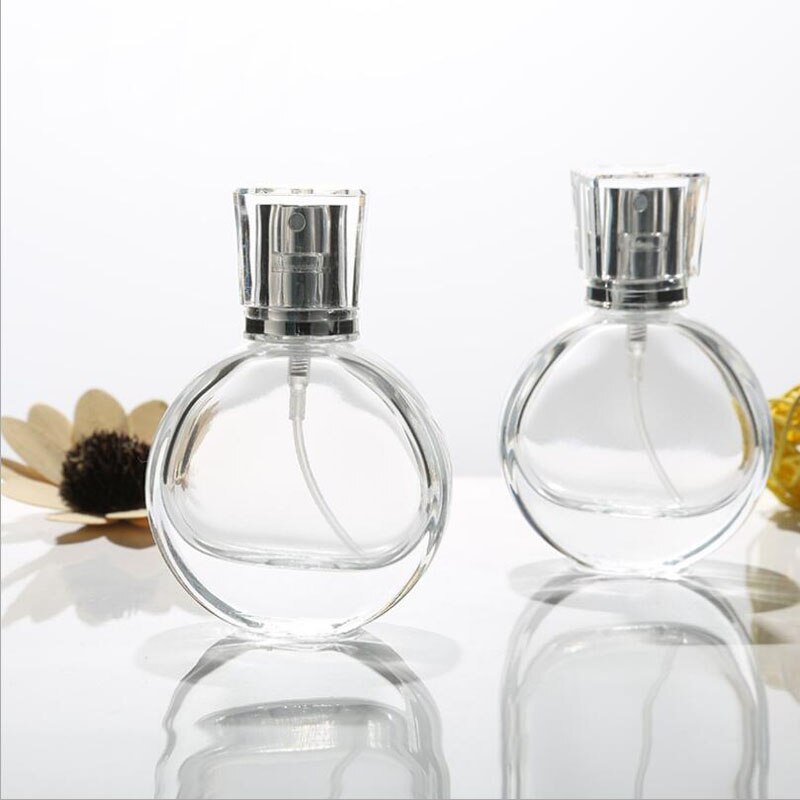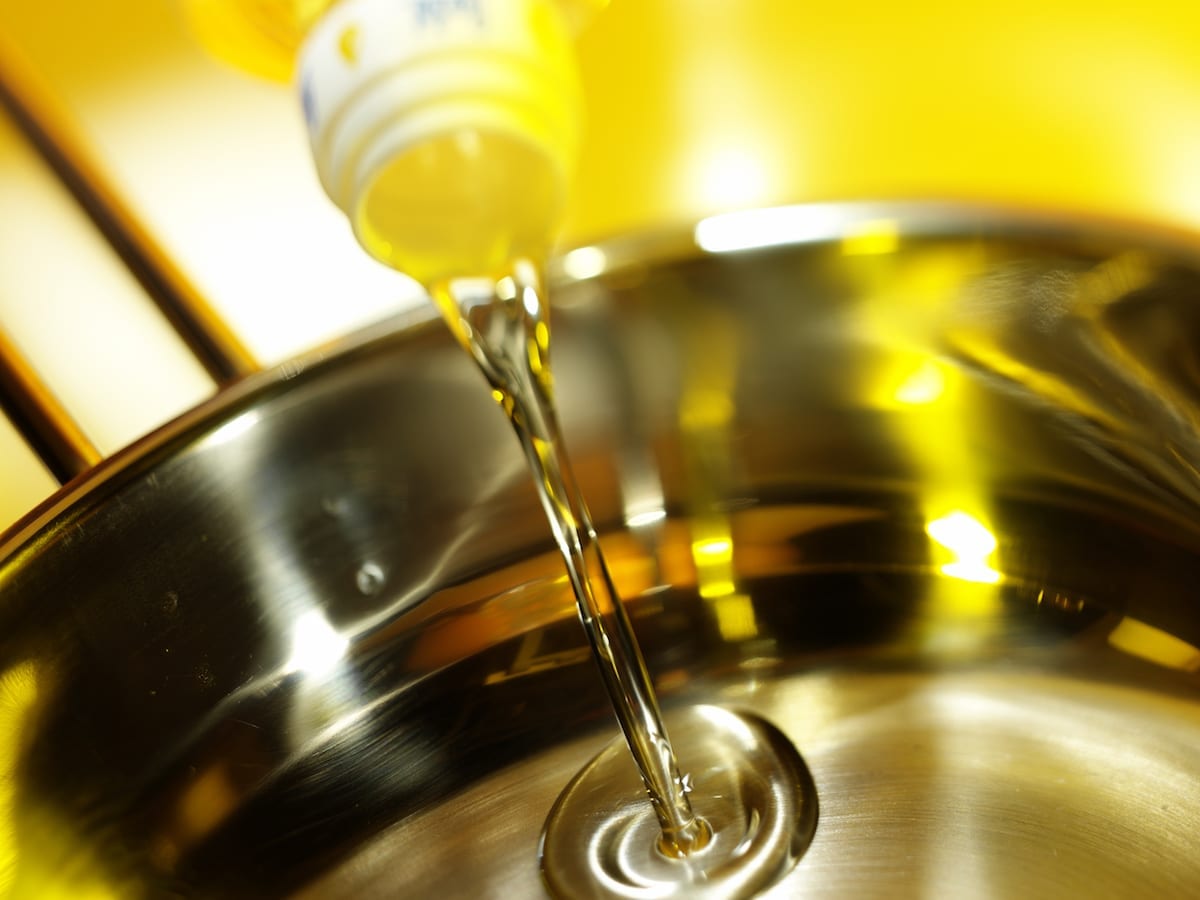How To Guide: Types of Fertilizer for House Plants
Introduction:
House plants are a wonderful addition to any home, bringing nature indoors and brightening up our living spaces. To help your plants thrive and flourish, it is important to provide them with the necessary nutrients. Fertilizers play a crucial role in supplying these essential nutrients. In this guide, we will explore the different types of fertilizer for house plants, their benefits, and how to choose the right one for your plants.
-
All-Purpose Fertilizers:
All-purpose fertilizers are suitable for most house plants as they provide a balanced mix of essential nutrients. These fertilizers usually contain a combination of nitrogen (N), phosphorus (P), and potassium (K), along with trace elements like iron, magnesium, and calcium. They are available in different forms, including liquid, powdered, or granular. Follow the instructions on the package to apply the appropriate amount. All-purpose fertilizers are ideal for regular feeding and maintenance of house plants. -
Organic Fertilizers:
If you prefer natural and chemical-free options, organic fertilizers are a great choice for your house plants. These fertilizers are derived from natural sources such as compost, animal manure, bone meal, or fish emulsion. They provide a slow-release of nutrients over time and improve the soil structure, promoting healthy root growth. Organic fertilizers are environmentally friendly and sustainable, making them safe for both your plants and the ecosystem. -
Slow-Release Fertilizers:
Slow-release fertilizers are formulated to provide a continuous and gradual release of nutrients over an extended period. These fertilizers consist of coated granules that release nutrients as they break down, ensuring a steady supply for your house plants. Slow-release fertilizers are convenient for busy plant owners who may not have the time to fertilize regularly. They are ideal for plants that have lower nutritional requirements or for those that are sensitive to overfeeding. -
Liquid Fertilizers:
Liquid fertilizers are easy to apply and quickly absorbed by plant roots. They are available as concentrated solutions that require dilution before use. You can mix them with water and apply them directly to the soil or as a foliar spray on the leaves. Liquid fertilizers offer a rapid nutrient boost and are especially beneficial for fast-growing plants or those showing signs of nutrient deficiencies. Follow the instructions carefully to avoid overfertilization, which can harm your plants. -
Specialized Fertilizers:
Certain house plants have specific nutritional needs that may require specialized fertilizers. For example, acid-loving plants like azaleas and ferns benefit from fertilizers specifically designed for acid-loving plants. Orchids require a fertilizer formulated for their unique requirements to encourage blooming. Research the specific needs of your house plants and choose a fertilizer tailored to their requirements for optimal growth and health.
Conclusion:
Selecting the right type of fertilizer is essential for the well-being of your house plants. All-purpose fertilizers provide a balanced mix of nutrients for most plants, while organic fertilizers offer an eco-friendly choice. Slow-release fertilizers provide a continuous nutrient supply, liquid fertilizers offer quick absorption, and specialized fertilizers cater to specific plant needs. Remember to follow package instructions and avoid overfertilization. With the right fertilizer, your house plants will thrive and bring beauty to your living spaces for years to come. Happy gardening!

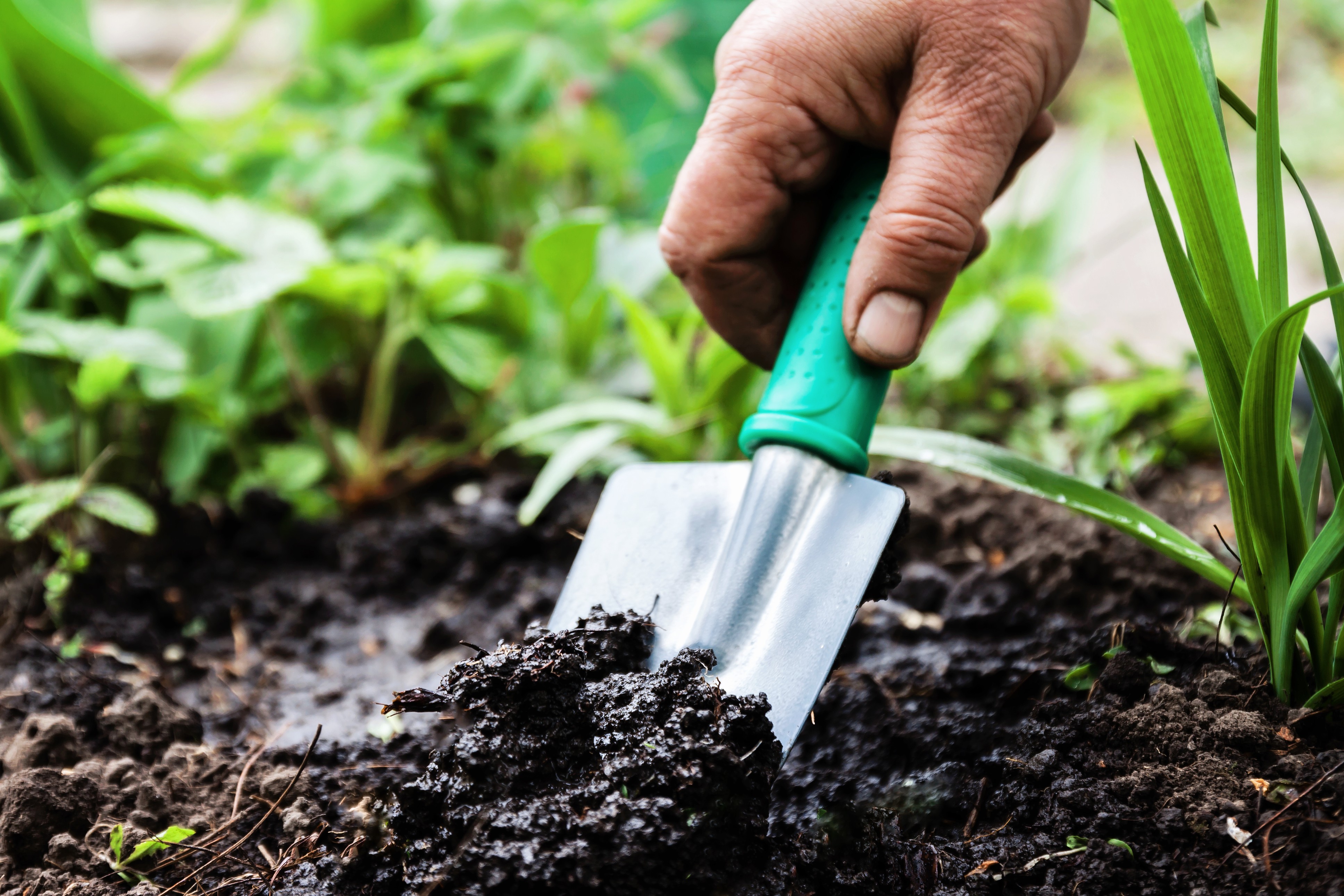
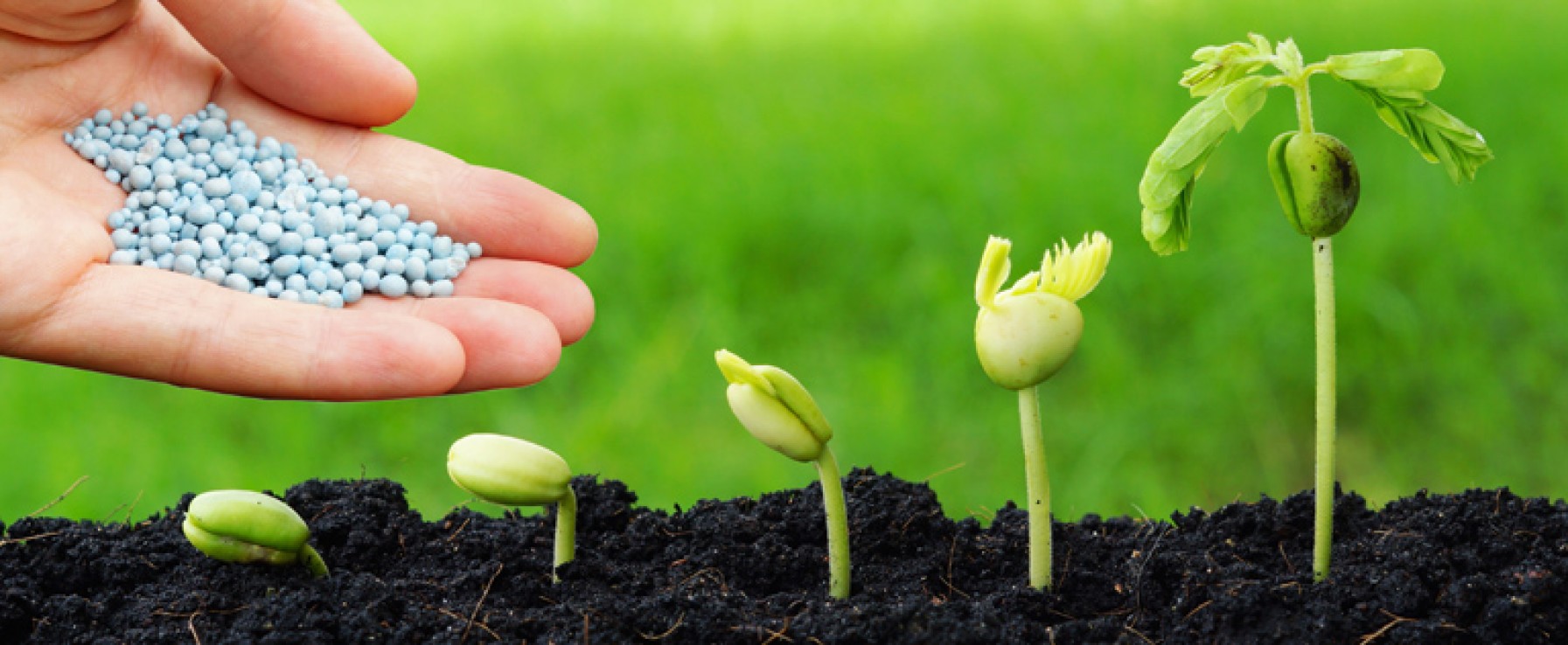
 Admin
Admin 